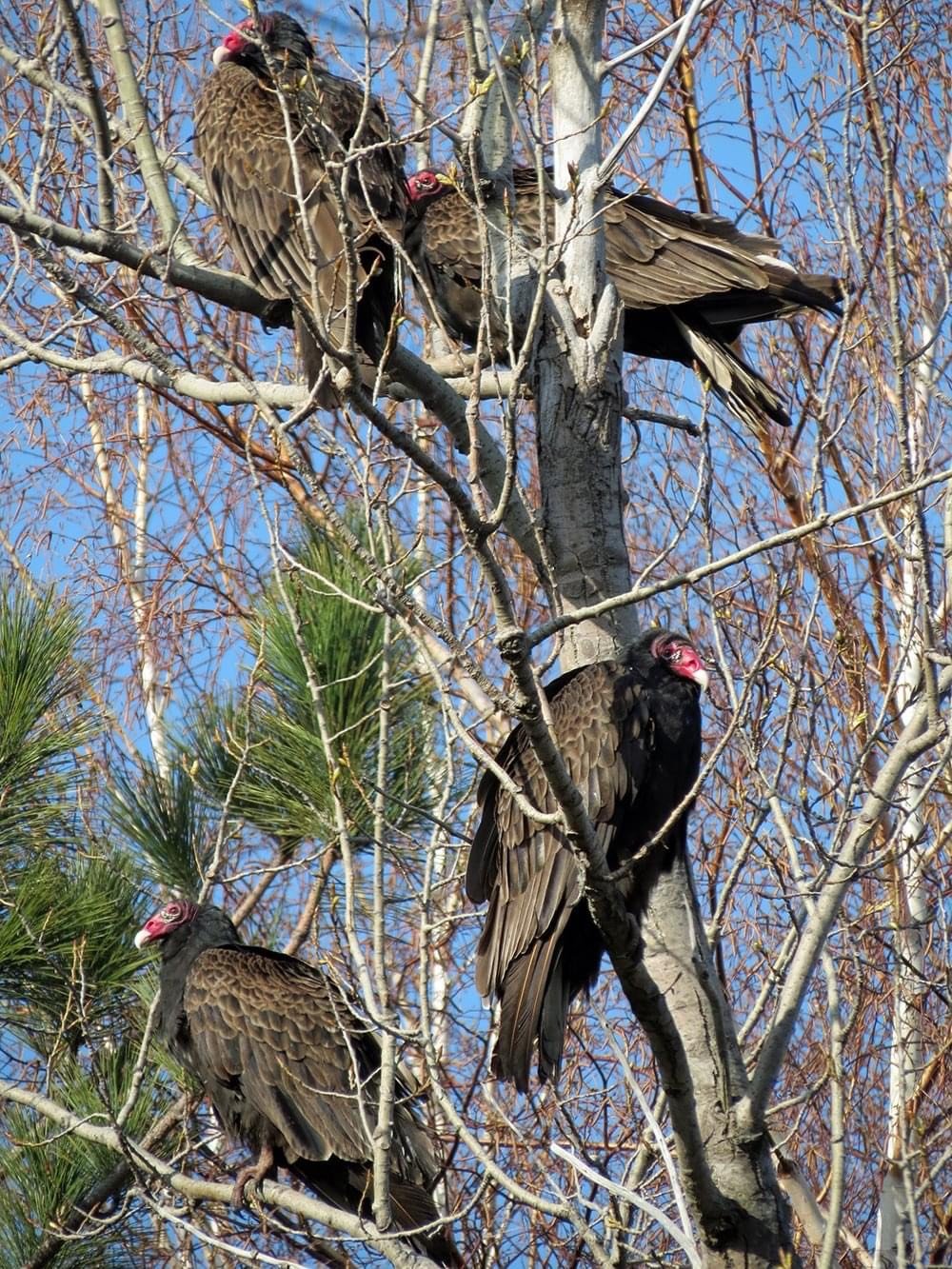Here comes the eclipse- Are you ready? Luckily for us, we have advanced warning of this amazing celestial event, thanks to centuries of modern science, built on millennia of cultural knowledge from all kinds of human societies all over the globe. Birds don’t have that kind of cultural knowledge and they will just be responding in the moment to what they are experiencing, a dimming of the light, followed by a few minutes of near darkness, then the light returning over the course of several hours.
Birds as a whole are sensitive to light levels, changing their behavior as light changes, especially in the morning and the evening. Most birds are active during the day, doing what birds do- finding food, interacting with other birds, singing, calling, flying, and so forth. A few, notably owls, are primarily active at night. In both cases, it is light that tells them when it is time to wake up for the day (or night) and when it is time to settle in for a rest. In the spring and summer, during the breeding season, many birds sing in the early morning as the light level increases, known as the the “dawn chorus”, when birds advertise territories and attract mates. At dusk, when light levels drop, some species are stimulated to sing again as light levels are similar to the lower dawn levels. American Robins will do this, for example.
So listen carefully on April 8th:
Do any of the birds near you sing during the partial darkness?
Another behavior that birds do in spring which may be triggered by diminishing light is to migrate. Many smaller birds are nocturnal migrants, taking off shortly after sunset to fly for hours as they make their way to northern breeding grounds. April 8th is a little bit early for many of the long-distance nocturnal migrant species to be in Pennsylvania, the majority of which will arrive later in April or in May. But there are some which have arrived by now and which could be continuing to make their way farther north. Perhaps Eastern Phoebes, Brown Creepers, White-throated Sparrows or other early migrants will start to act like it is sunset and get restless, ready to take off and fly north, as the eclipse progresses. Certainly if you are farther south in the path of the eclipse, more migrant species have already made it that far north and may prepare for another overnight migration as the sun dims. Perhaps some will go so far as to take off and start climbing to a comfortable cruising altitude, just to have the light level start to increase again. That will be confusing for sure!
Keep an eye out for birds taking off on April 8th:
Do any of the Birds near you take off as if to Migrate at Totality?
Or Return from above as light levels increase afterwards?
Here in northwestern Pennsylvania, I’m ready for the eclipse. Our plan right now is to stay at home. I live in Meadville, Pennsylvania, and we expect about three minutes of totality. I’m toying with the idea of going to a nearby location where American Woodcocks are displaying right now. They typically display in the evening, just after sunset, and I am curious about whether the eclipse will prompt the males to start their famous aerial displays and loud PEENT calls. I think it might. Should I do it? I’m a bit concerned about going anywhere because of the warnings about traffic congestion we keep hearing.
I am fortunate to have experienced a total solar eclipse once before. I was in Costa Rica on July 11th, 1991, where I worked for several years conducting research on birds for my dissertation. We were in the process of driving from the Pacific slope over to the Atlantic slope and we stopped for the eclipse at a highway restaurant known for its view of the Gulf of Nicoya. It did not disappoint. The sky grew darker and darker. Stars were visible. A few streetlights with light sensors came on. And half a dozen vultures came in to roost on a nearby tree! Other birds went silent as they found their nighttime roosting spots. Then as the sun reappeared, all the normal activity resumed.
eBirders: Be sure to conduct a checklist or three, before, during and after the eclipse. Do include notes about interesting behaviors you observe. These events are few and far between, and let’s all contribute to our shared cultural heritage of what we observed during this total solar eclipse.
Roosting Turkey Vultures
by Katie Andersen


